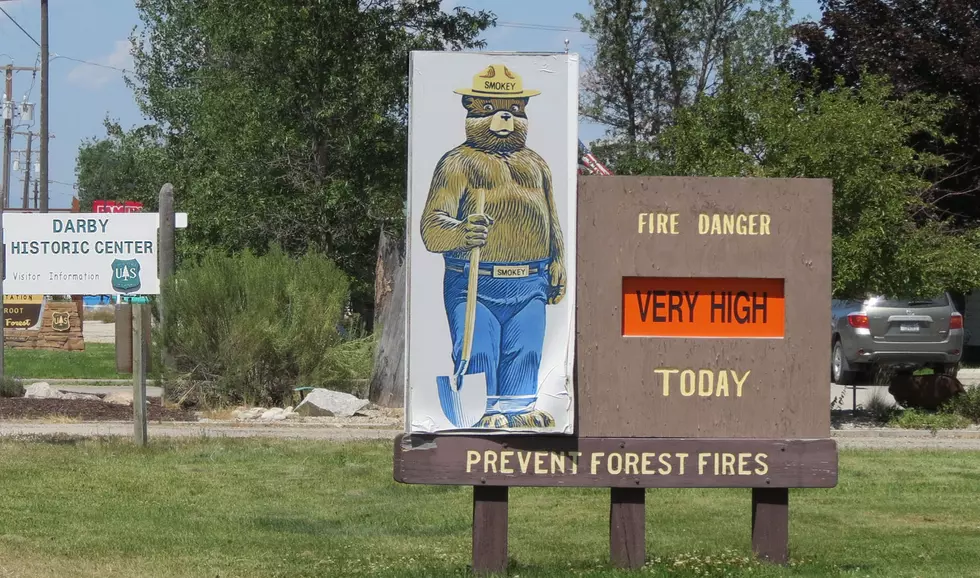
Nashville-Based Music Publishers Sue Spotify for Illegally Streaming Songs
A Nashville-based publishing company and publisher / songwriter have filed a lawsuit against the music streaming service Spotify. The two parties allege that the online streaming service did not obtain the licenses required to stream thousands of country songs and, therefore, has been allowing users to listen to the tracks illegally.
According to the Tennessean, Nashville-based music publishing and catalog administration company Bluewater Music Services and songwriter / publisher Bob Gaudio filed their lawsuit after realizing that Spotify had not obtained permission to stream a number of popular country tracks, including Miranda Lambert’s “Gunpowder & Lead” and Kenny Chesney’s “Better as a Memory," but was allowing them to be streamed nonetheless. As such, Bluewater and Gaudio claim that Spotify has cost them lost revenue; according to Spotify’s play counts, “Gunpowder & Lead” alone has been streamed more than 24 million times by Spotify users.
Spotify has faced two similar lawsuits before, settling both out of court for millions of dollars. Per the Tennessean, that the music streaming platform says that their troubles with illegal streaming are partially due to how complicated it is to track metadata identifying each song's copyright owner.
Bluewater Music Services and Gaudio aren’t the first folks in Nashville to take issue with Spotify, either; many say that the streaming service doesn’t pay artists fairly. In recent years, country heavyweights such as Jason Aldean, Brantley Gilbert and Taylor Swift have all removed (and then returned) their music from Spotify.
“The debate the whole music industry is having on streaming is complicated,” Aldean explained after pulling his music from the service. “I am first and foremost an artist. I’m an artist whose career has been built by the songwriters, publishers, producers and engineers that line Music Row in Nashville. What they do has value, and I want everyone who is involved in making my music to be paid fairly.”
Country Music's Nastiest Lawsuits
More From 94.9 KYSS FM










